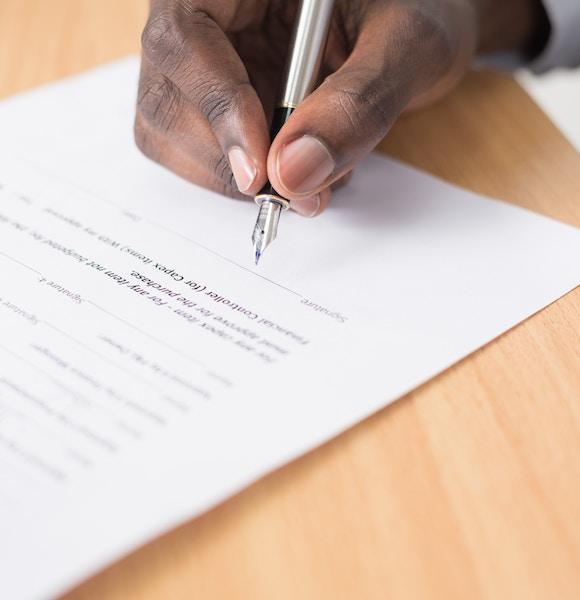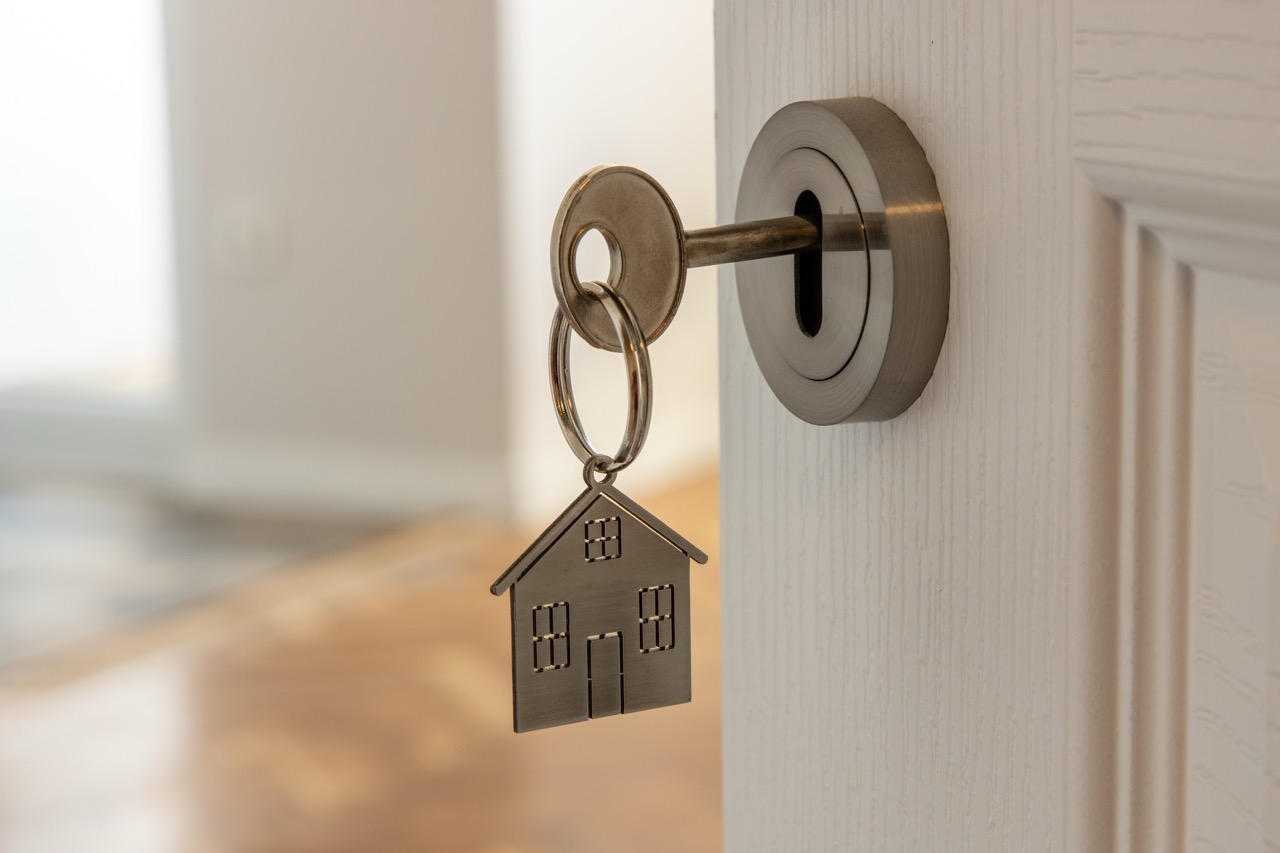How to Become a Real Estate Agent in Texas
This 5 Step How-To Guide will you tell you all about the exact steps you need to get your real estate license in the state of Texas. Congratulations on taking the first steps toward a rewarding and satisfying career in real estate.
Reasons to Become an Agent in Texas
Getting your real estate license in Texas is about more than just earning the title of real estate salesperson.
As a licensed agent you will have the ability to:
- Control your income
- Choose your schedule and workload
- Become your own boss
- Feel fulfilled by helping people find their dream homes
Real estate agents have complete control over their time and their future.
Now, the great thing about having a real estate license is that you can make money in a number of ways.
You can sell or rent single family homes throughout Texas, or you can sell or lease office buildings. You can even sell factories, retail buildings, self storage facilities - if it’s real estate, you can sell it in the state of Texas. Considering buying or selling your own home? You can save money on the transaction since you will be entitled to a commission. If you want to start investing in real estate, not only will you save money on the transaction, but you’ll have access to additional resources that other investors don’t have access to.
If you’re not looking to become a real estate agent in Texas full time, you can use your license part time. A lot of agents only use their status to help friends and family buy or sell. You can even become a referral partner and earn a commission by referring clients to other agents in your office or area.
One of the best parts about becoming an agent is that you don’t have to a college degree, you don’t have to spend a lot of money, and you don’t have to have any prior experience.
Real estate is a career option you can make in a short amount of time and not be stuck with thousands of dollars in student loans.
In fact, you can get your real estate license in Texas in as early as the next 30 days.
Overview of the 5 Steps
Getting your real estate license in Texas can be completed in 5 steps.
- Take the 180 course approved by the Texas Real Estate Commission
- Complete the Texas Real Estate Commission online application
- Submit your fingerprints and background check
- Take the State exam
- Apply for your active license
Read on as we dive into the details of each step so you know exactly what it takes to get your license. It’s not as hard or as expensive as you think!
Step #1
First, you must complete 6, 30-hour courses (180 hours in total).
These courses must be approved by the Texas Real Estate Commission.
The 6 courses include the following:
- Principles of Real Estate 1 - 30-hours
- Principles of Real Estate 2 - 30-hours
- Law of Contracts - 30-hours
- Promulgated Contract Forms - 30-hours
- Law of Agency - 30-hours
- Real Estate Finance - 30-hours

Take the Texas licensing package online to save both money and time. At the end of each of the 6 courses is a proctored final exam. Another benefit of taking the courses online is that you can also take the proctored final exams online….you don’t have to drive to a school or proctoring location. The final exam is proctored by ProctorU and a proctoring fee of $15 per exam/ per attempt will apply.
Step #2
Texas Real Estate Commission Application
Once you submit your online application and it is accepted, you will be eligible to take the State exam.
Step # 3
Submit Your Fingerprints
Next, you will have to get fingerprinted and file them with the Texas Department of Public Safety. Your fingerprints will then be used by TREC to perform a background check.

Step #4
Take the State Exam
Now you are ready to take the State exam!
The State exam is proctored through PearsonVUE, a testing service company, and is divided into two parts. There is a national portion and a state portion.
The nation portion consists of 80 multiple-choice questions. The state portion consists of 30 multiple-choice questions.

In order to pass the exam, you must answer at least 70% of the questions correctly.
You have 1 year to pass the state exam after the application has been submitted.
Step #5
Apply for your Active License
Once you pass the State exam, the last step is to apply for your active real estate license. This is normally done with the help of your sponsoring broker.
You must also:
- Be at least 18 years of age.
- A high school diploma or GED is required to apply for a real estate license.
- Be a citizen of the United States or a lawfully admitted alien and a legal resident of Texas.
To see Texas real estate license requirement please visit the TREC Licensing Services.

Our Key Tips To Pass the Texas Real Estate State Exam
The main piece of advice that RealEstateU recommends all students do in order to drastically increase their chances of passing the State exam.
You must be familiar with the key terms listed in your course glossary. We recommend you read the glossary twice before taking the Texas Real Estate Exam.
You don’t have to have to memorize every single term in your glossary, but you’ll be in good shape if you have a general understanding of what each term means.
Studying the glossary will give you an excellent chance of passing.
Use Your License in Texas

Residential Rentals
Rentals are an excellent way to get started as a salesperson. By starting with rentals, you can earn your first commission in less than a month. The reason being is rentals are less complicated than a home sale and you can close the deal much faster.
Residential Sales
Residential sales require more work and time than rentals but the commissions are typically much higher. Residential sales are a great way to nurture your sphere of influence.

Commercial Sales
Commercial sales include any residential real estate greater than 4 units. These are commonly known as apartment buildings or multi-family properties. Typically these types of sales are much more specialized and need more experienced. Though you might need more knowledge than what comes from selling single family homes, the commissions commonly exceed $100,000 per deal.
Commercial Leases
Renting an office or retail space is what is considering commercial leases. Just like commercial sales, these type of deals might require a little more experience but the commission and payout can be very high.
Commission Split In Texas
You should also be aware of how commissions are split between the broker and salesperson.
The standard sales commission in the state of Texas is 6%.
A lot of times, you will see the 6% commission split 50/50 between the buyer’s broker and the seller’s broker.
After that, you will then split the remaining commission with your sponsoring broker. This percentage depends on the agreement you have with your broker.
50/50 - Commissions may be split 50/50 between the salesperson and broker. Other brokers may start you off at a 40/60 split and allow you to gradually earn a higher percentage after closing a certain number of deals.
70/30 - Some brokers may give you a 70/30 split from the beginning as a nice incentive to work for them.
100% - Though not common, there are even brokers who offer 100% commissions. This meaning they don’t take a percentage of your deals, but they will require you to pay a monthly fee to work under them.

The key to finding a good broker is to find one who aligns with your values and your goals. You want to work under a broker who will provide you with the resources you need to succeed and will mentor you along the way.
Going Forward
If you are ready to start the exciting journey towards becoming a real estate salesperson, please sign up today. You can check out the course for yourself and see if it works for you. And do not worry, if you don’t like the course we have 30 day no hassle money back guarantee.